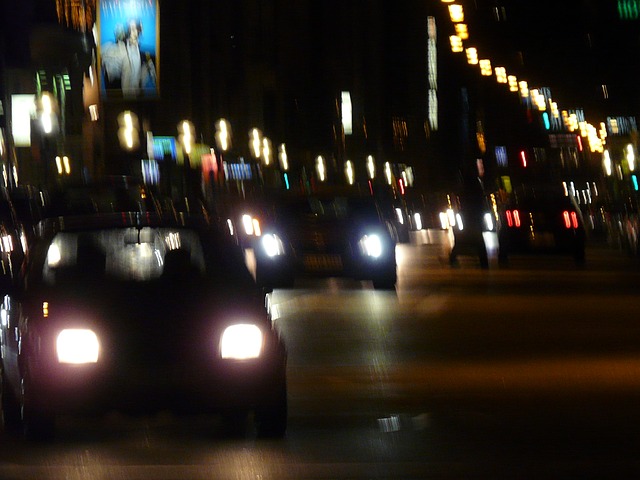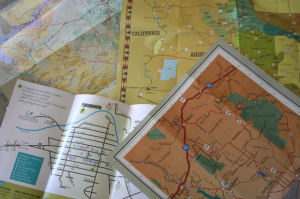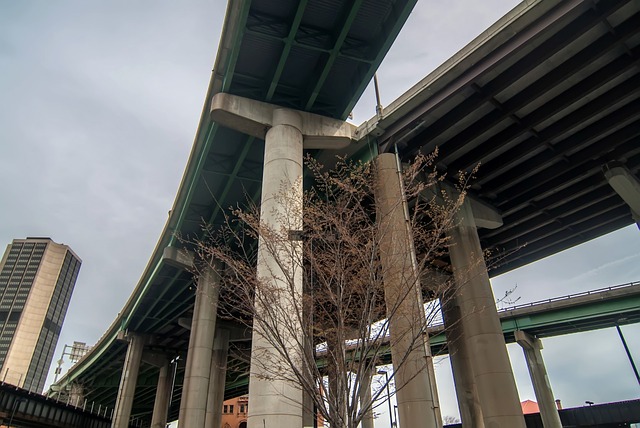On the surface, being a little tired may not seem like a very big problem. Many drivers who feel tired after a long day at work or a bad night’s sleep simply stock up on coffee or energy drinks and go about their day. As many safety experts note, however, this attitude is extremely dangerous and may be leading to many car accidents in Homestead and across the country.
There are many reasons why fatigued driving may be just as dangerous as drunk driving in Homestead and other communities:
•A driver who falls asleep at the wheel has no control of the vehicle, which is not only likely to cause an accident, but in many cases the accident will be a serious one since the driver is asleep and cannot take steps to reduce or avoid the impact.
•Fatigue reduces reaction time, which can result in an accident.
•Drivers who are tired may fall asleep in tiny increments known as micro-sleeps. The driver may not even be aware that they have fallen asleep, but they are still at a greater risk of a crash.
•Sleepiness reduces concentration, alertness, and compensation, which can increase the risk of a collision.
•Sleepiness can affect motor skills, decision-making skills, and information processing, all of which can put a fatigued driver at a greater risk of an accident.

Many drivers simply ignore signs of fatigue. In some cases, they ignore the risks even though they know the dangers of fatigued driving. In other cases, drivers may dismiss sleepiness as a type of normal experience and go about everyday activities without fully understanding the dangers.
The truth is, fatigued driving in Homestead and Florida is a decision, and unfortunately it is a decision that costs many lives each year. Fortunately, there are many things that motorists can do to prevent accidents caused by fatigued driving:
1) Be aware of the risks. Knowing the risks of sleepiness behind the wheel is only the first step. Drivers also need to be aware of when they are most likely to be sleepy and in a fatigue-related crash:
•When doing shift work
•Between 2 am and 6 pm
•On long drives, especially if those drives are along monotonous freeways and highways
•Between 2 pm and 4 pm
•After a big meal
•After drinking alcohol
•When ill or taking certain types of medication
•After a long or difficult day at work
If you find yourself driving in any of these situations, you may want to assess your fitness to drive before getting in your vehicle.
2) Check for sleep disorders and other health reasons that may cause you to feel fatigued. Sleep disorders such as sleep apnea may increase a person’s risk of an accident because they cause difficulties sleeping and may cause extreme fatigue during the day. These conditions can also be difficult to diagnose. If you find yourself getting tired easily or needing a nap during the day, speak to your physician to see whether there is a health problem.
3) Plan longer drives and at-risk drives carefully. If you do need to drive after shift work or need to take a long drive, for example, plan ahead. Consider getting a cup of coffee and getting a nap before you drive and break up longer trips with 15 minute breaks. If you do find yourself getting sleepy, pull over and stop in a safe place. Call for a ride or wait until you feel less tired before continuing on. If you are on a long drive, the best option is to stop at a motel or hotel overnight to catch up on sleep.
4) Avoid any substances that can contribute to sleepiness. Even small amounts of alcohol can make you more fatigued, so a drink when you are tired may put you at risk of an accident even if you are well below the blood alcohol limit. In addition, many over the counter and prescription medications can cause drowsiness. Always speak to your pharmacist about any new medication.
Continue reading →
 Florida Car Accident Lawyer Blog
Florida Car Accident Lawyer Blog







